Augur-Matic Rewards: $1M Liquidity Mining Program in Conjunction with Augur

Introducing Augur-Matic Rewards
Polygon and Augur are excited to announce the Augur-Matic rewards program. The program's $1 million dollars in rewards is set to boost liquidity on Augur Turbo - a prediction market that features daily markets in sports, crypto, and other categories.
The program incentivizes liquidity providers (LPs) by rewarding them through so-called liquidity mining, in which users of a decentralized finance (DeFi) product earn an additional token on top of the regularly expected yield just for putting assets into a liquidity pool. In return, liquidity made available helps bootstrap user adoption and ensure the smooth running of Augur Turbo. Users can earn rewards by providing liquidity to every side of the bet on the platform.
How it works
On Augur Turbo, users can buy shares in an outcome they believe will occur or that the price of the outcome will rise from its current level. Each outcome has a price corresponding to the probability of the outcome occurring (the price is between $.01 and $.99). Users of Augur Turbo can navigate the different trading options available on Augur Turbo’s markets page. The page lets users examine individual market details. Users then select the amount of the chosen prediction they want to buy or sell to complete the order of a prediction. There must be sufficient liquidity in a given market or a user’s transaction will fail.
That’s where Augur-Matic Rewards come in. By using an automated market maker (AMM) model, Augur Turbo makes it possible to render odds determined by the AMM. Unlike a traditional market consisting of buyers and sellers, AMM allows digital assets to trade automatically by using liquidity pools.
Polygon Improves the Betting Experience
Liquidity providers stand to benefit from Polygon’s low-cost transaction processing.
By incorporating Polygon, Augur Turbo will cut fees for users and let anyone use the platform for a low cost. Augur Turbo also leverages Chainlink’s oracle system to provide users with quality data to determine the outcome of events.
Tom Kysar, Director of Operations for Augur, said, “Augur v2 (on Ethereum) had a bunch of problems in regards to the cost to use it, gas price to use Ethereum, [and] raw usability i.e. the user experience of it, and speed. It was too slow fundamentally speaking. What we’ve come up with is the Augur Turbo release. The UX is very similar to Uniswap with AMM trading pools. It’s on Matic (Polygon), which makes it almost free to do trades and take other actions. Trades cost a hundredth of a penny.”
Augur and Augur Turbo Offer Decentralized Prediction Markets
Like traditional prediction markets, Augur’s prediction markets are a place to buy and sell predictions. Users buy shares in an outcome such as what America’s GDP will be in the next quarter. Augur contrasts to traditional betting markets which are highly centralized, siphon fees of 5 - 10% and place limits on the types of markets that can be established on their platforms. According to Defi Pulse, Augur currently counts $2.3 million locked by the platform’s smart contracts.
Augur Turbo went through beta testing three months ago and aims to make prediction markets accessible to a broader audience. Today Augur Turbo has expanded to cover prediction markets in the NFL, the NBA, Crypto and more.
Augur joins a growing number of Defi platforms to select Polygon as its scalability solution. Other DeFi projects that have made the move to Polygon include C.R.E.A.M. Finance, Balancer Protocol, and Aave. With the addition of Augur to the platform’s ecosystem, Polygon continues to gain traction in the DeFi space.
About Augur Turbo:
Augur is the world's most accessible, low-fee, no-limit betting platform. It allows you to buy and sell real-money stakes in world outcomes including sports, crypto, politics, and current events.
Augur is a set of audited and secure smart contracts. To learn more, visit Augur.net, subscribe to the Augur newsletter, and follow @augurproject on Twitter.
Be a part of our social ecosystem!














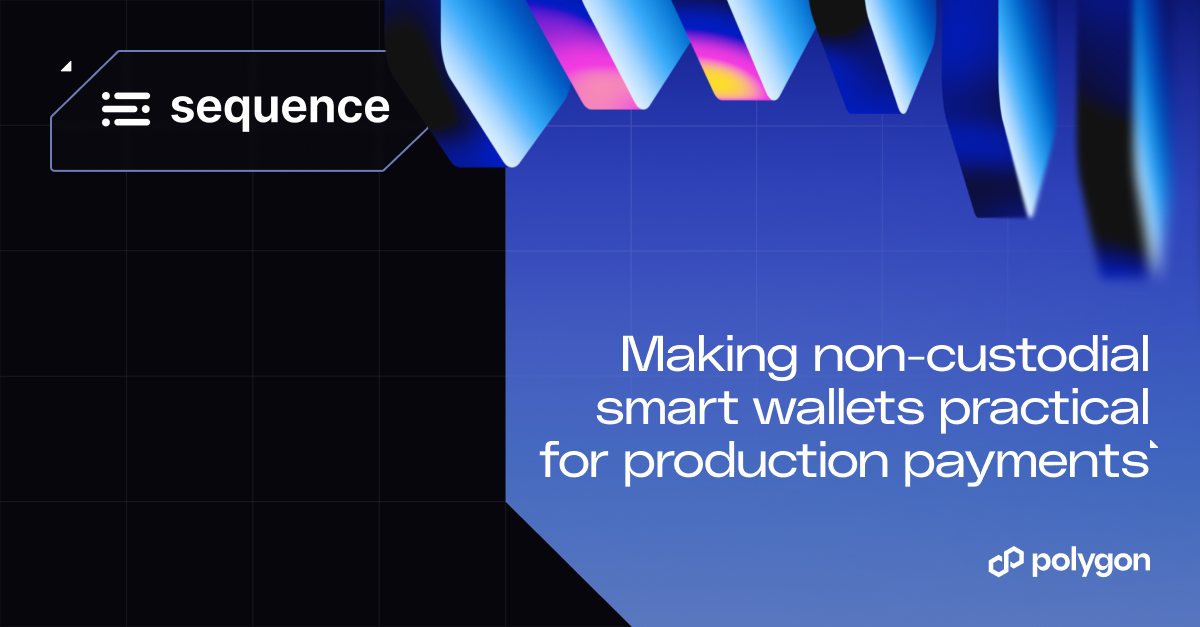


.jpg)
.jpg)
.png)

.png)

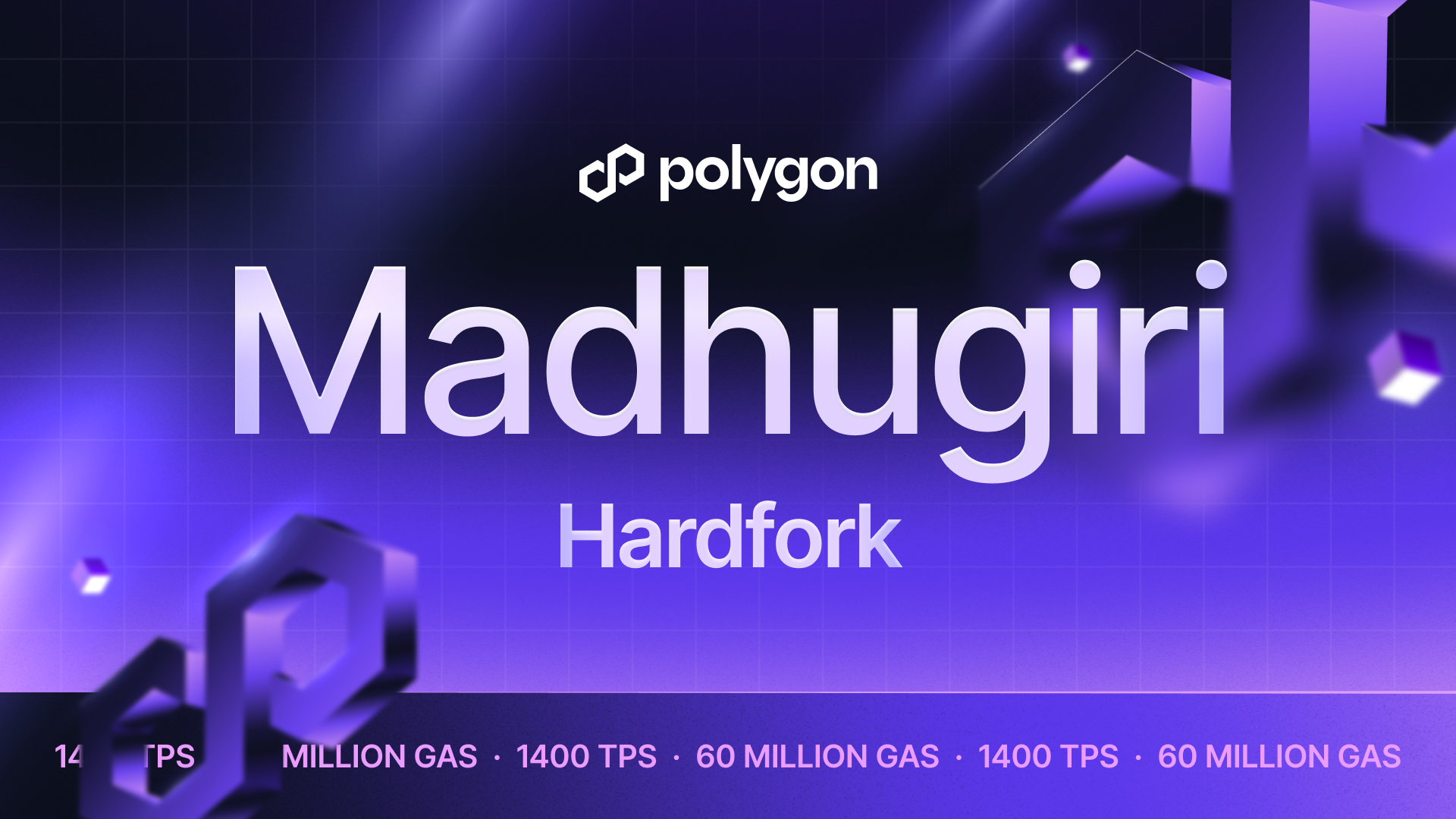
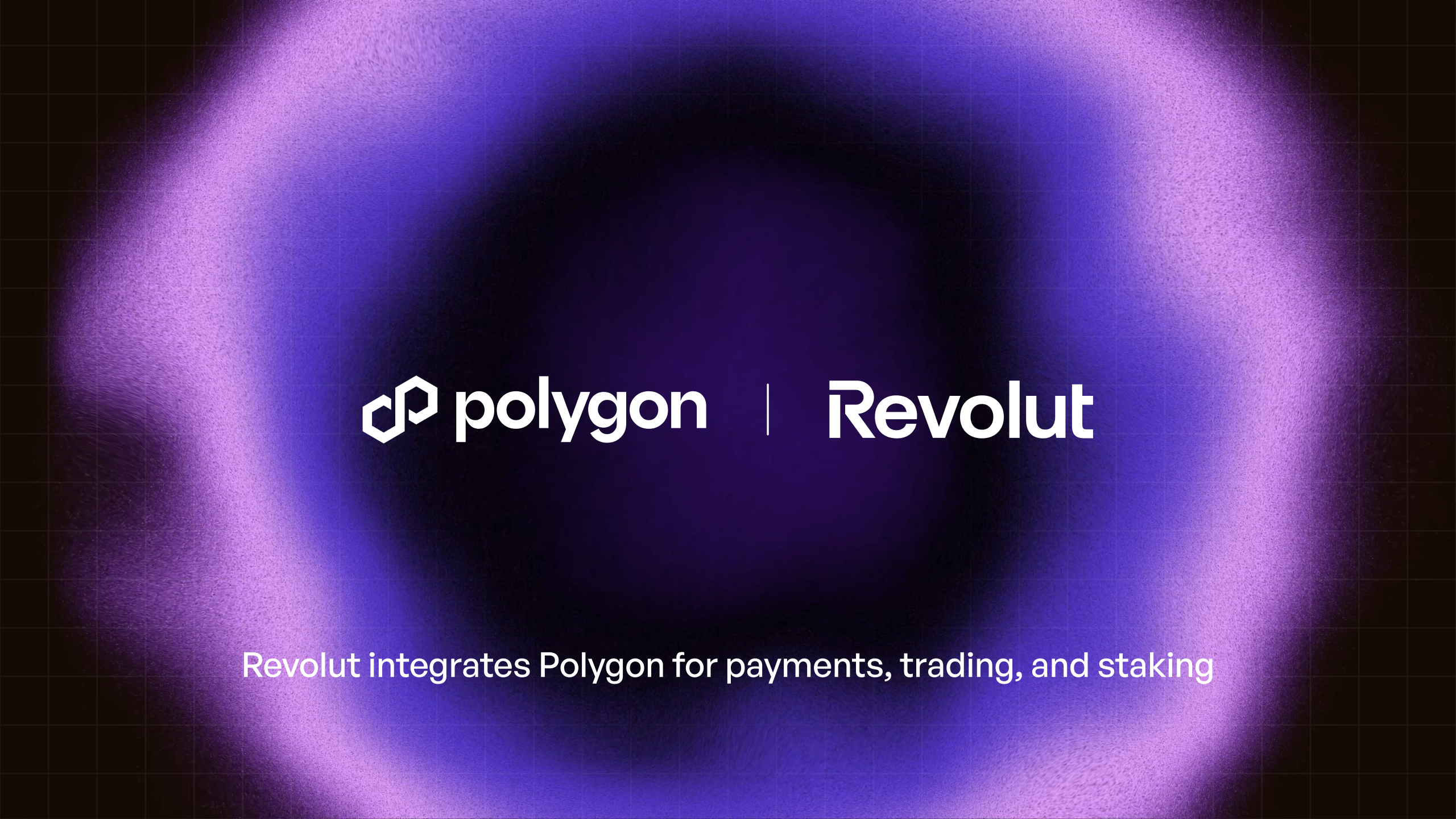
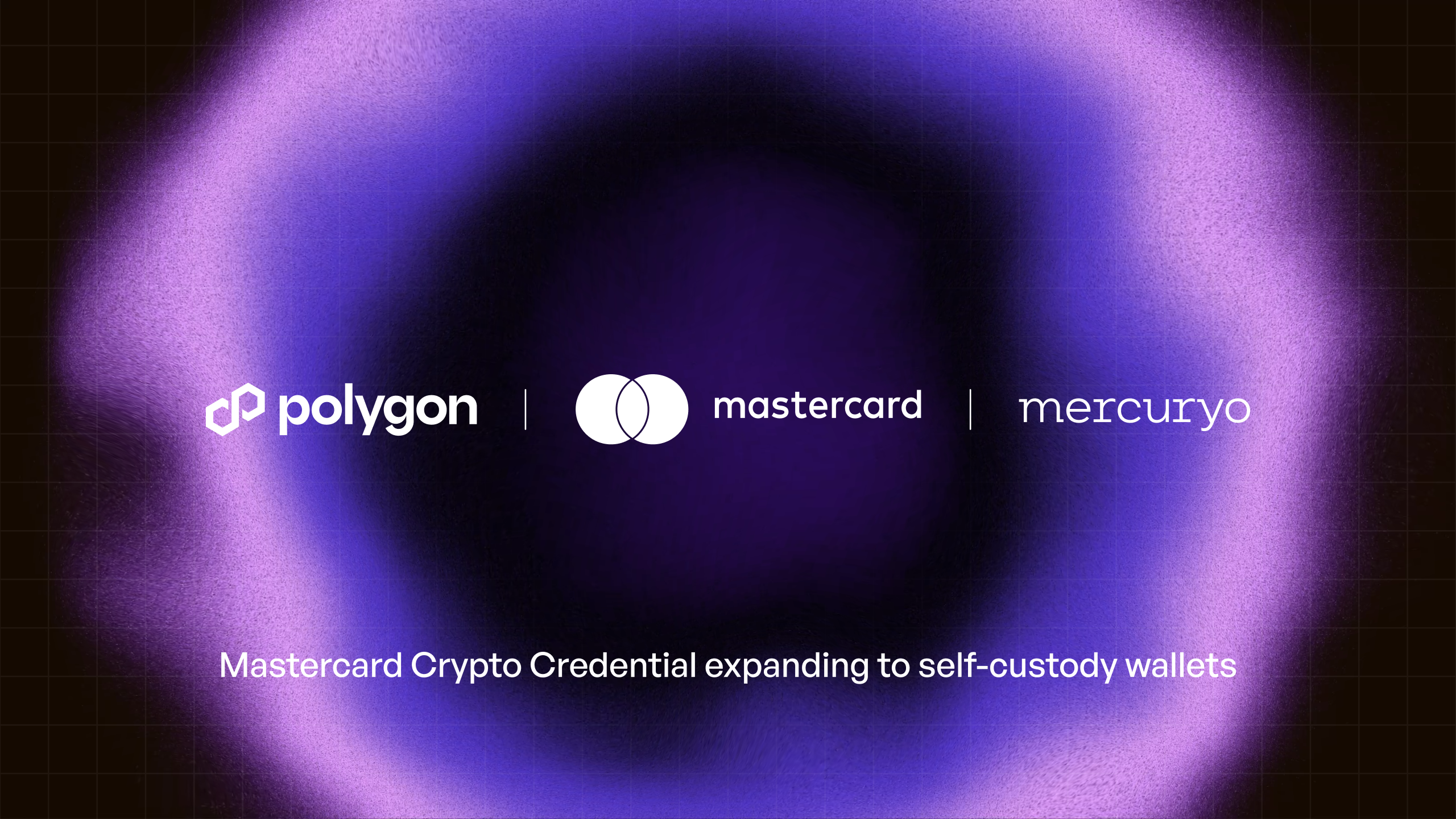
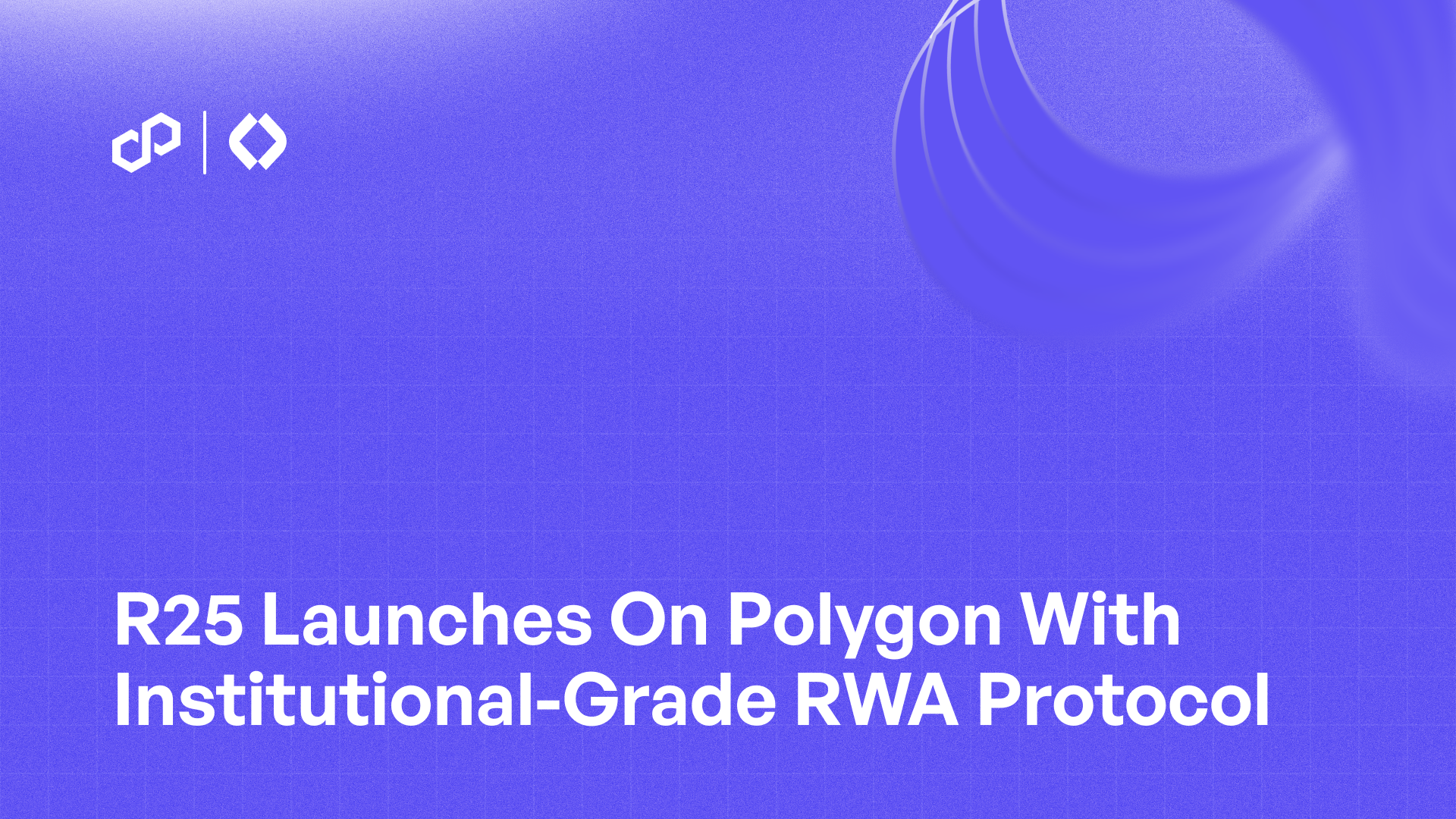
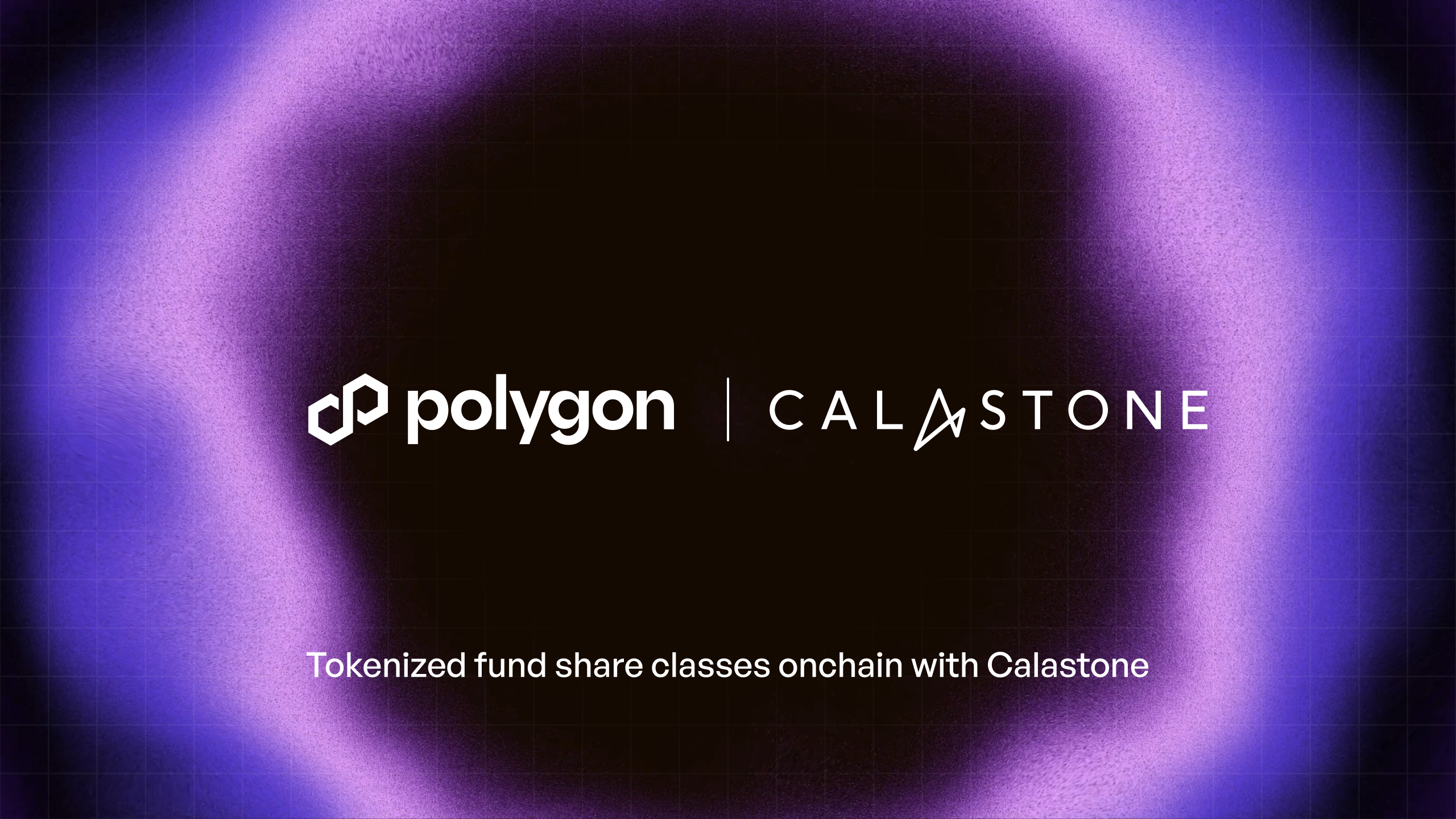
%20(1).png)